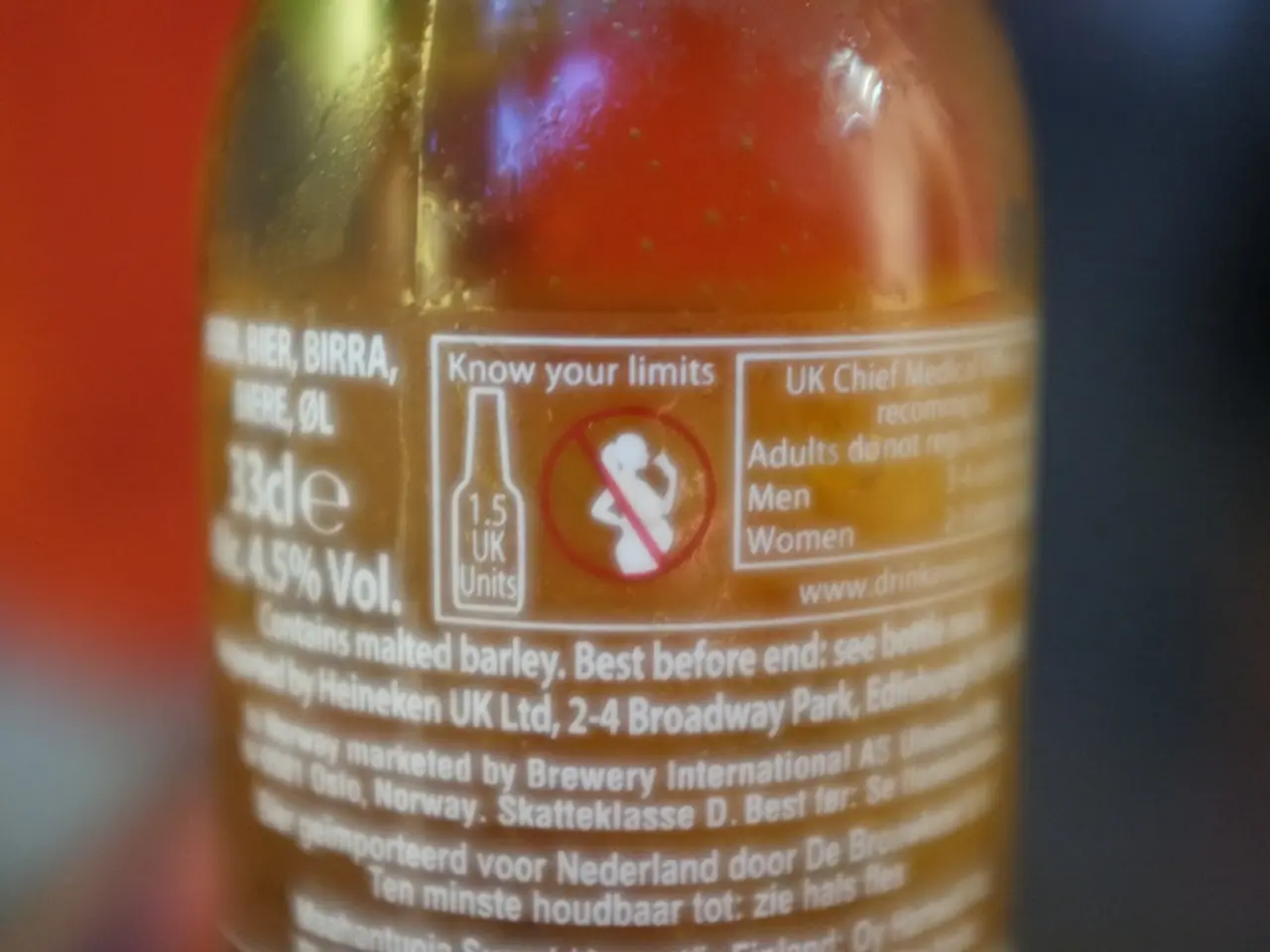Device with blood clot removal capabilities, manufactured by Q'Apel, is being withdrawn from the market following a warning letter by the Food and Drug Administration (FDA)
In a recent development, Q'Apel Medical has announced the recall of its Hippo 072 Aspiration System and Cheetah Delivery Tool. These devices are used for clot removal, primarily in stroke patients who require urgent treatment. The recall was initiated following a warning letter from the Food and Drug Administration (FDA) over concerns about the internal processes at Q'Apel Medical and the scope of clearance for the Hippo product, particularly regarding the distal tip's features and characteristics.
The FDA's concerns stem from details that were missing from the 510(k) filing submitted by Q'Apel in 2022. Specifically, the FDA found that the aspiration system had a distal nitinol tip with the ability to expand the diameter and compress the length of the device, a feature not described in the filing.
The FDA categorised this recall as Class I, the highest risk level, indicating the device’s potential to cause serious health consequences if not removed from use. So far, Q'Apel Medical has reported two injuries related to the product issue, but no deaths have been reported.
In response to the FDA warning, Q'Apel Medical decided to discontinue the recalled clot removal system rather than seeking a new regulatory pathway, marking a strategic shift towards developing newer technologies. The company has urged affected customers and users to discontinue use of these devices immediately and has provided direct customer service contact for questions or return procedures.
This recall underscores the FDA’s vigilance in ensuring medical device safety and enforcement via warning letters, prompting companies to either correct deficiencies or discontinue questionable devices to protect patients. It is also worth noting that other companies, including Abbott and ICU Medical, have also received warning letters from the FDA for failing to inform the agency about changes to their medical devices.
Recommended Reading: "Centerline recalls guidewire over risk of coating being left in patients" by Nick Paul Taylor, dated June 16, 2025.
[1] FDA Recall Classification, https://www.fda.gov/medical-devices/safety-communications/recall-classification-guidance-document [2] Q'Apel Medical Discontinues Hippo 072 Aspiration System, https://www.qapelmedical.com/news/qapel-discontinues-hippo-072-aspiration-system [3] Q'Apel Medical Shifts Focus to Newer Technologies, https://www.qapelmedical.com/news/qapel-shifts-focus-to-newer-technologies [4] FDA Warning Letter to Q'Apel Medical, https://www.fda.gov/medical-devices/letters-warnings-and-recalls/warning-letter-qapel-medical-inc-04152025 [5] FDA Recall Information, https://www.fda.gov/safety/recalls/recall-updates-database/recall-cheetah-delivery-tool-and-hippo-072-aspiration-system-april-2025
- The Food and Drug Administration (FDA) has categorized the recall of Q'Apel Medical's Hippo 072 Aspiration System and Cheetah Delivery Tool as Class I, signifying a high risk of serious health consequences for patients who continue to use these devices.
- The recalled clot removal system, primarily used in stroke patients in need of urgent treatment, was discontinued by Q'Apel Medical following a warning letter from the FDA regarding internal processes and the scope of the Hippo product's clearance.
- The FDA's concerns stemmed from unspecified details in the 510(k) filing submitted by Q'Apel Medical in 2022, specifically the distal nitinol tip's ability to expand and compress the device, a feature not listed in the filing.
- Q'Apel Medical has reported two injuries related to the product issue, but no deaths have been reported as a direct result of the recalled devices.
- In response to the FDA warning, Q'Apel Medical reoriented its focus towards developing newer technologies, signaling a strategic change for the company.
- The FDA's actions, such as issuing warning letters, are instrumental in ensuring medical device safety and enforcing regulations, thereby protecting patients and prompting companies to correct deficiencies or discontinue questionable devices.
- It is noteworthy that other companies, like Abbott and ICU Medical, have also received warning letters from the FDA for failing to inform the agency about changes to their medical devices, signifying a wider issue within the medical device industry.




